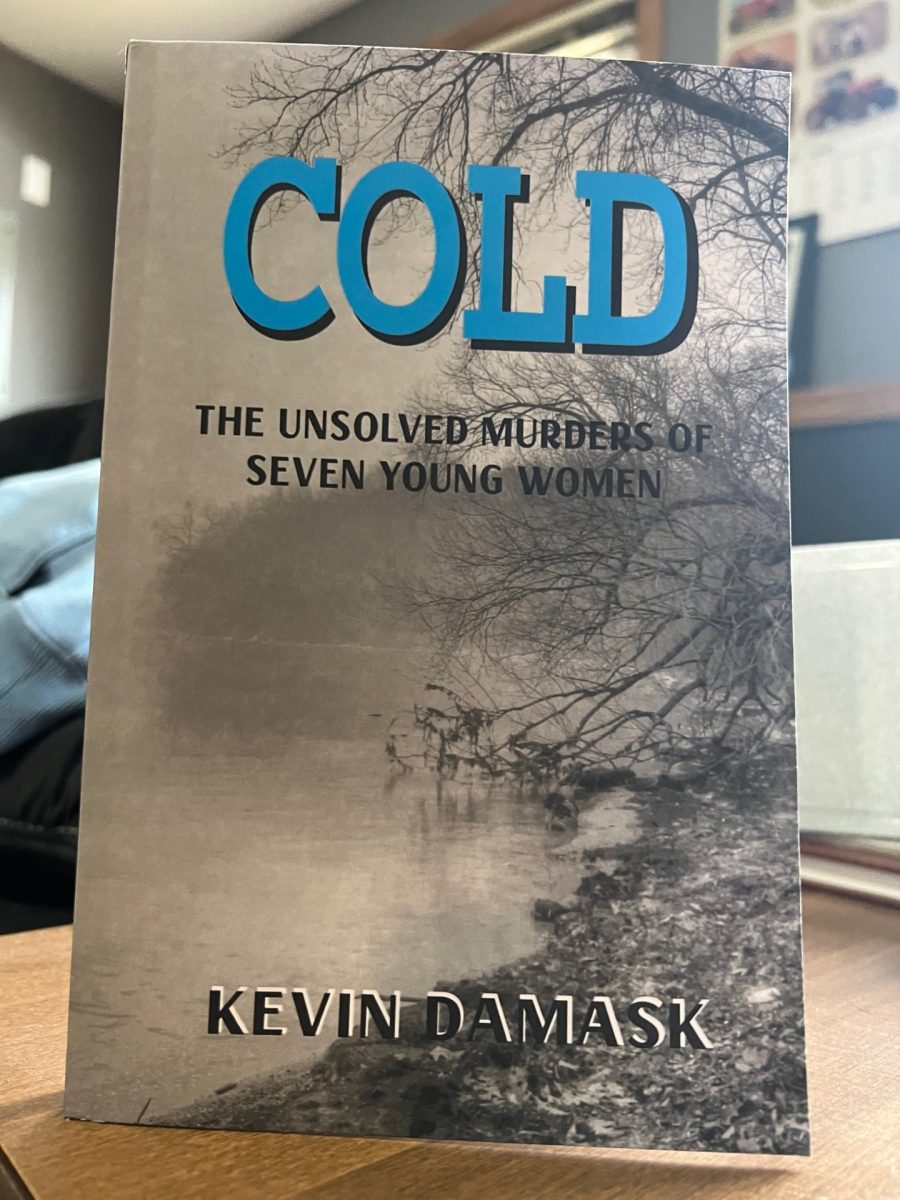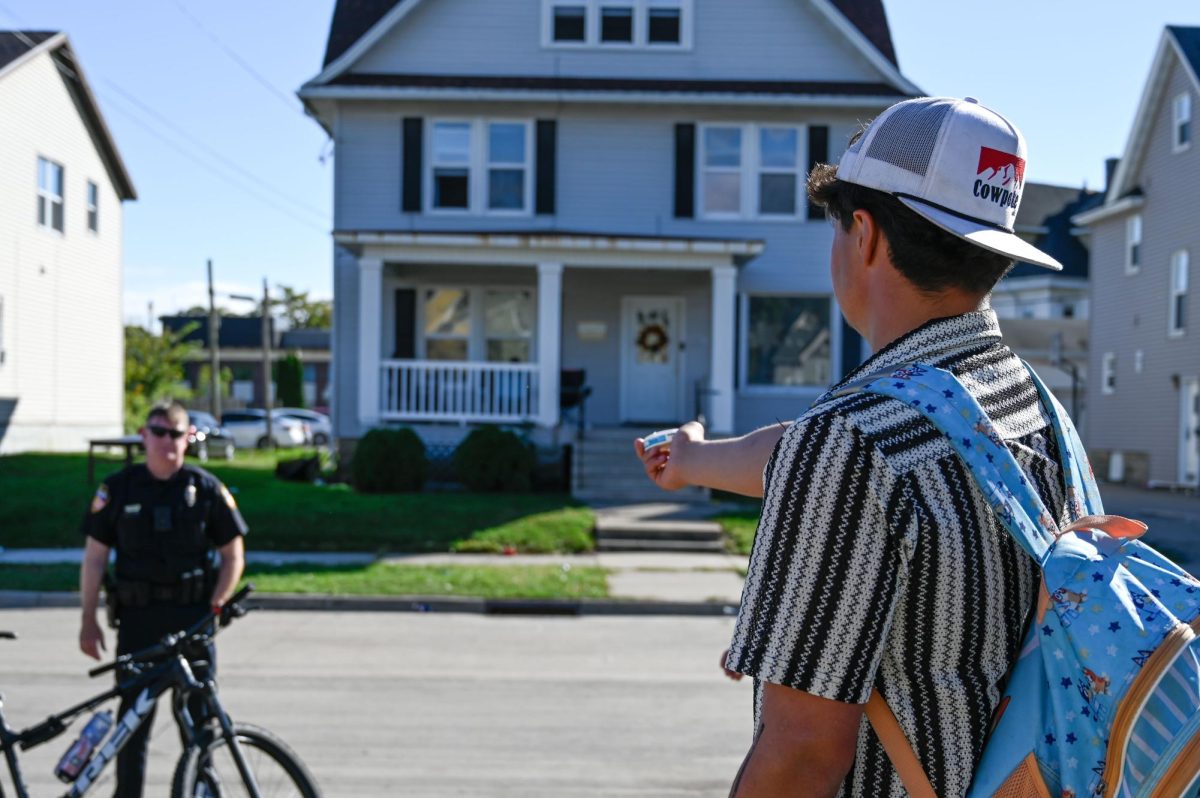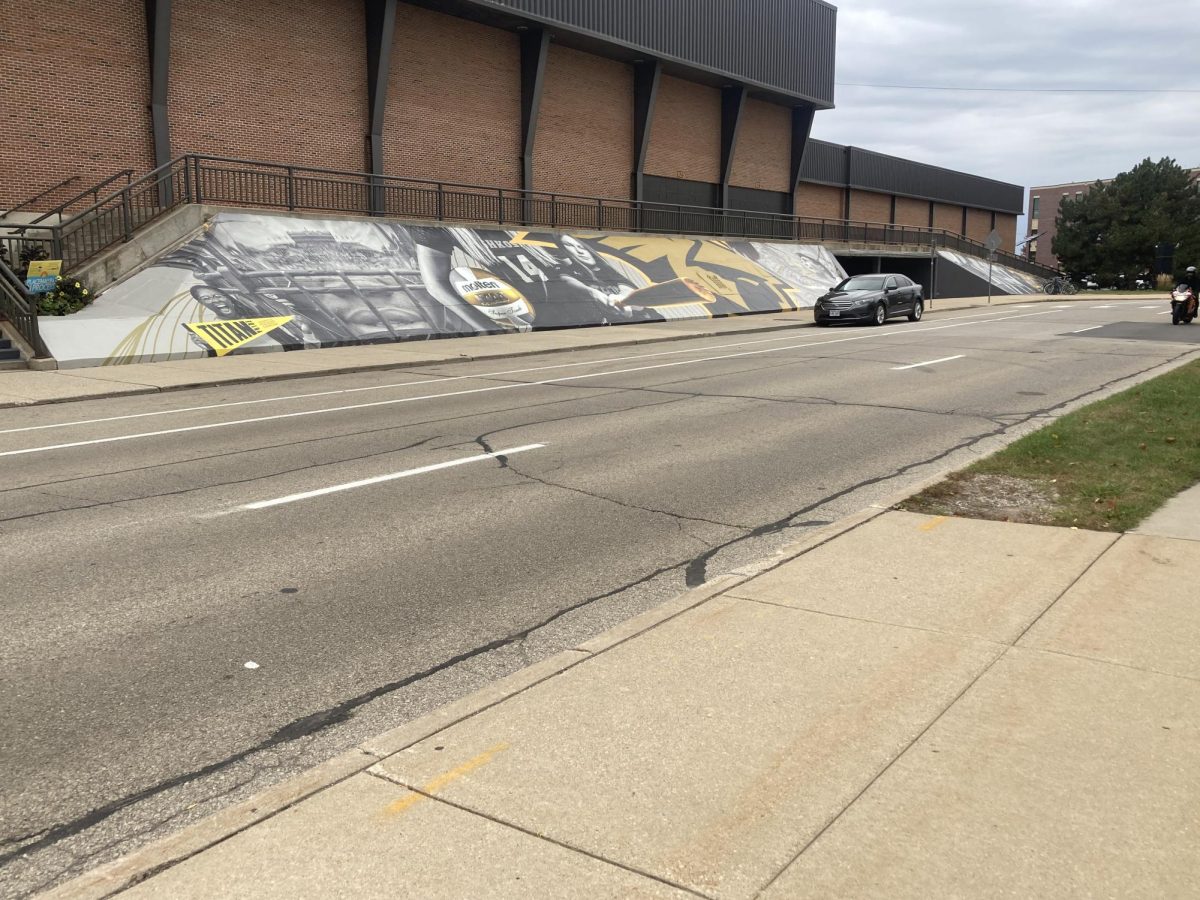“Be open minded to different opportunities.” That’s the advice of UW Oshkosh alumnus, Kevin Damask after his journalism degree led him to publish his first book, “Cold: The Unsolved Murders of Seven Young Women” – a book sure to interest any true crime connoisseur.
His book answers these questions: What happened to seven young women, all around the same age, between 1968-1982? Why haven’t the cases been solved? Was a serial killer stalking the quaint capital city of Madison, Wisconsin? Why was key evidence destroyed by local law enforcement?
Two of the seven cases included in the book are of UW Madison students, the first case from 1968 and the last case in the book from 1982. The five cases written in between those two were women also around 20-21 years old.
“A lot of those cases (I wrote about) in the middle (of the book) happened in the late ’70s, early ’80s and there was a legitimate fear in the Madison area that a serial killer was stalking the area and abducting these young women,” Damask said.
In his book, Damask goes into the controversy over some lost evidence from a few cases that was discarded by local police forces in Madison. He focused some of his interviews concerning this.
“It’s maddening to think now that if this evidence wasn’t thrown away in the late ’80s, some of these cases would’ve been solved by now,” Damask said. “We’d have some DNA on that evidence to go after (if it wasn’t discarded). It’s really perplexing and makes you think. As journalists, you go after things that make you think and intrigue you.”
While the book is uncovering the truth behind the seven cold cases, Damask also worked on telling the stories of the young women.
“Another goal with the book was to try to humanize the victims and to find out who these young women were as people,” Damask said. “I think that gets overlooked in news coverage. Oftentimes they over sensationalize the cases. If it doesn’t get solved right away, it often gets forgotten about.”
The book was inspired by a 2017 feature story he wrote for Capital Newspapers in Madison that won him a Wisconsin Newspaper Association Award.
“I researched a bunch of cases (in the Portage, Juneau County and Wisconsin Dells area) and wrote a long form piece and interviewed detectives,” Damask said. “From that, I thought it would be something to dive further into for a book. I’ve always been interested in true crime especially now with the advances we have in DNA and genealogy to solve these old cases. It fascinates me.”
Damask said his career had its bumps along the way.
Following graduation with a journalism degree in 2005, Damask worked for the Oshkosh Northwestern, then at a small daily newspaper in South Dakota before returning to Wisconsin in 2007 for various reporting jobs.
“I worked for a few different papers for a while (in Wisconsin) and had a couple of tough years around ‘08 and ‘09 with a pretty big recession that hit,” Damask said. “I got laid off two times in less than a year from two different papers. It was pretty devastating, but I kept at it. I knew I wanted to be a journalist. I kept going for the dream.”
He currently works for the Veteran’s Hospital in Madison on a program called My Life, My Story, where he interviews veterans and writes their life stories.
“It’s really a rewarding job,” Damask said. “I’m always amazed with the different people I meet.”
Damask said if he was asked if he would’ve written a book 10 years ago, the answer would’ve been no. He said it’s never a bad thing to take chances.
“I think a lot of students come out (of college) looking for their dream job right away,” Damask said. “Be open minded and don’t be afraid to work through things if you hit a rough patch. Don’t let a setback knock you off course.”
If you’re interested in purchasing Damask’s book “Cold,” you can buy it on Amazon.
“I worked hard on it,” Damask said. “Especially if you’re interested in true crime and cold cases, (this is a good book to read). It will appeal to a lot of people.”









